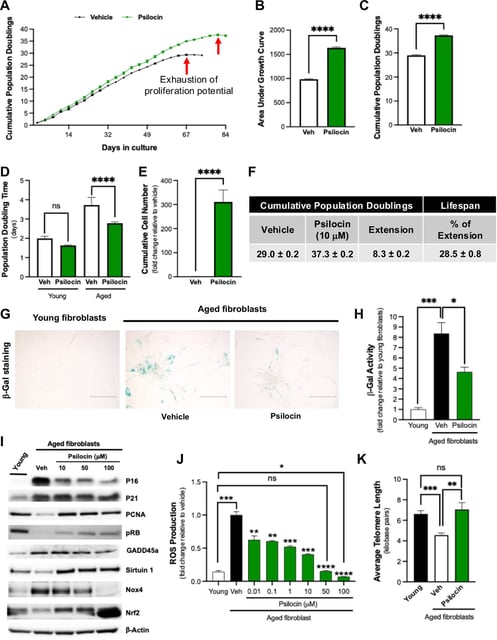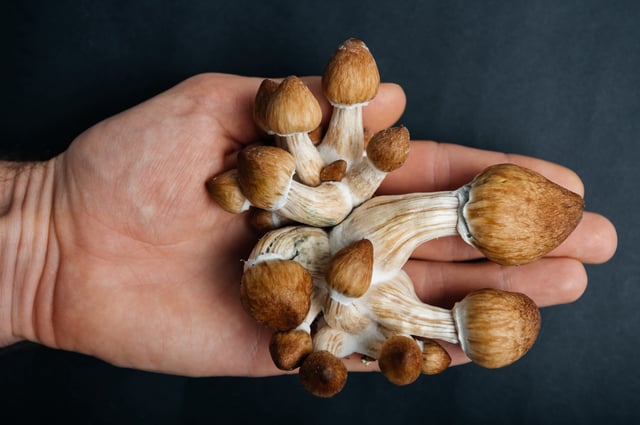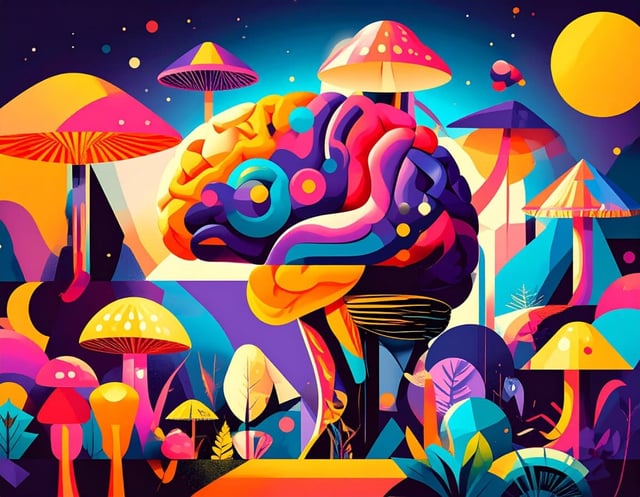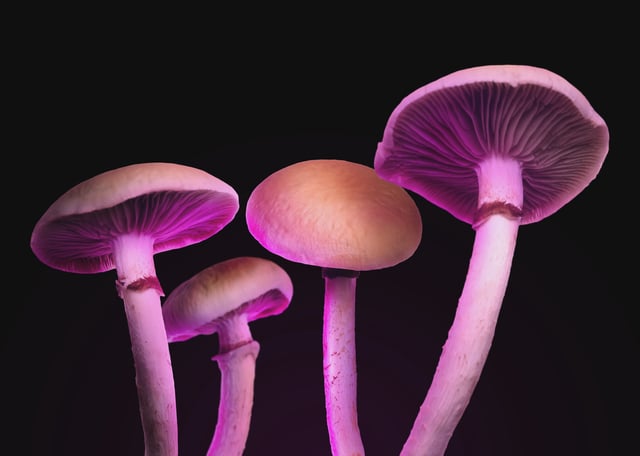Overview
- In vitro psilocin treatment preserved telomere length and extended human cell lifespan by up to 57 percent in a dose-dependent manner.
- Monthly psilocybin dosing raised survival rates in 19-month-old mice from 50 percent to 80 percent and visibly improved fur quality.
- Mechanistic studies show psilocybin increases SIRT1 expression, enhances DNA damage responses, reduces oxidative stress.
- The peer-reviewed npj Aging paper was led by Dr. Louise Hecker and Dr. Kosuke Kato of Baylor College of Medicine.
- Researchers now call for clinical trials to determine optimal dosing protocols alongside assessment of long-term safety before human use.



